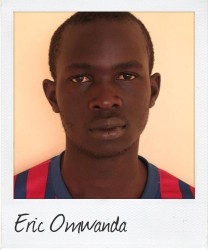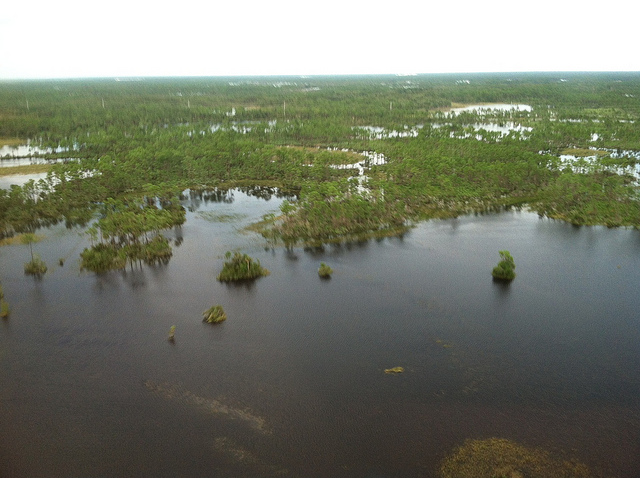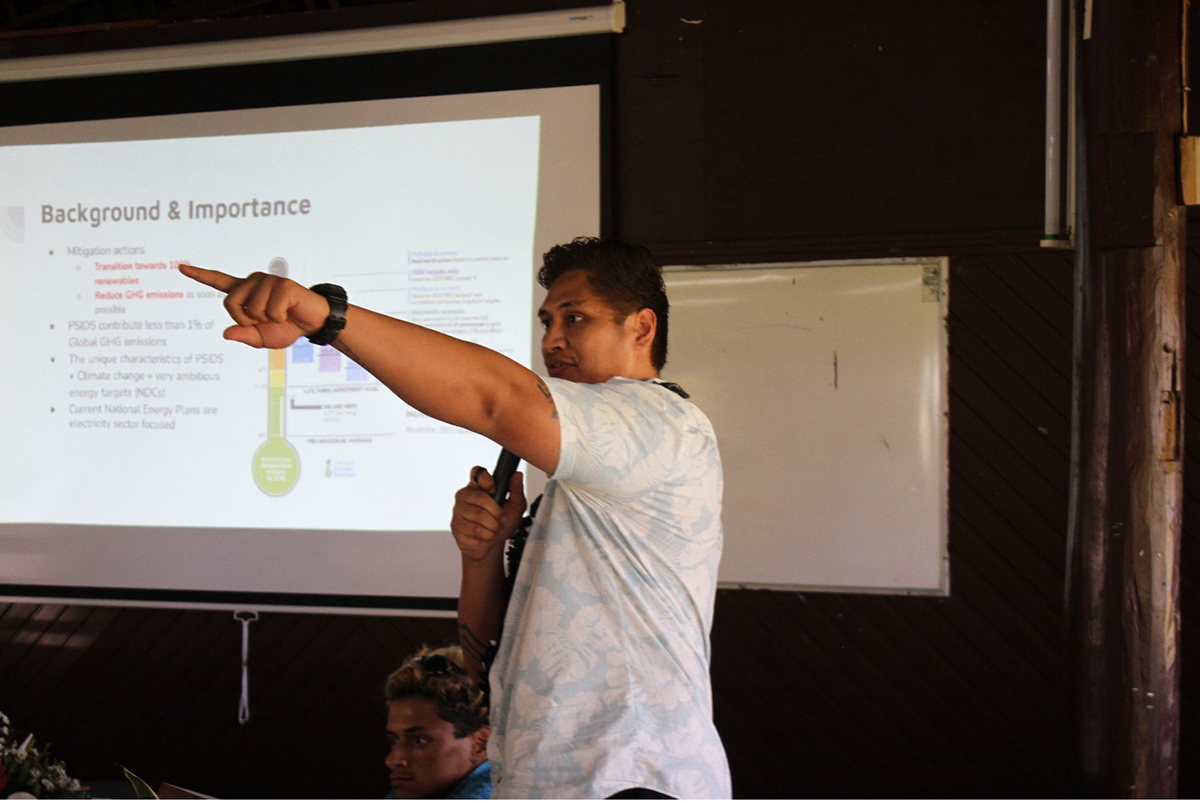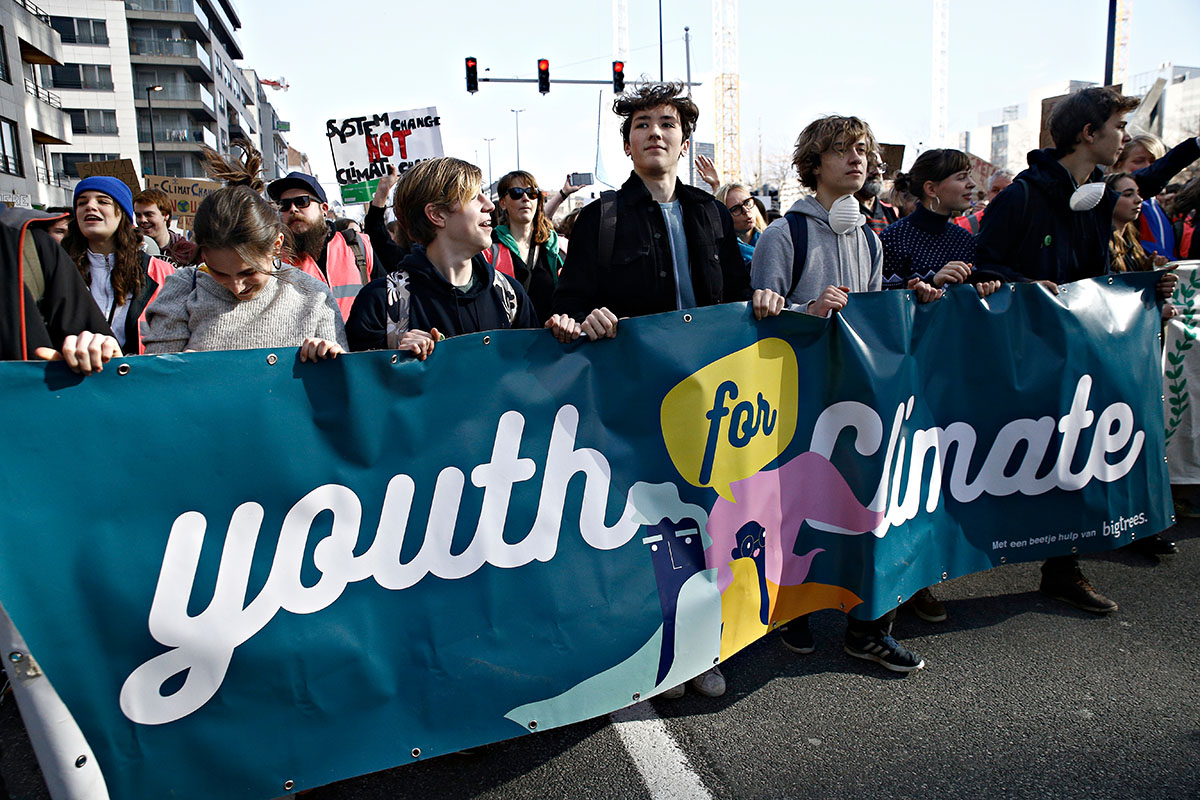"Climate change has big effect on small islands"
September 8 Small Island Developing States face potential devastation from climate change even though they not major sources of greenhouse gas emission, writes Eric Omwanda, 23, a Commonwealth Correspondent from Nairobi, Kenya, who argues other countries must show leadership in limiting climate change impact.
Small Island Developing States face potential devastation from climate change even though they not major sources of greenhouse gas emission, writes Eric Omwanda, 23, a Commonwealth Correspondent from Nairobi, Kenya, who argues other countries must show leadership in limiting climate change impact.
Today as we are speaking the Kyoto Protocol is in place to help counter climate change, but still there are countries that are producing excess carbon dioxide that in turns affects the climate. World policy makers are meticulous in ensuring that policies are set, however the remaining implementation part is for the countries that sign the treaties with the relevant authorities.
The Small Island Developing States (SIDS) represent one party that is directly and adversely affected by climate change and they have been very instrumental in the United Nations Framework Convention on Climate Change.
SIDS are the most vulnerable regions/states that climate change impacts and taking no appropriate action means their situation might become worse. That is the main reason that they are much involved with the climate change conventions.
The potential severity of impact is very unfortunate for SIDS, since they are not directly responsible for climate change even if they are the most affected. They rely on other countries to ensure important actions are taken in support of climate change conventions. SIDS not only strive to ensure that the conventions are successful, but also safeguard that correct international action is followed to limit the emission of greenhouse gases that are responsible for climate change.
Low lying SIDS are adversely affected by rising sea levels since this leads to loss of lives, loss of land on the coastal shorelines and destruction of property. SIDS that have higher elevation on the contrary are affected in the transportation sector because of their mountainous terrain. Both problems affect the economies of these areas.
This means that the inhabitants in SIDS face economic challenges that are brought about by climate change. Human settlement in the areas affected by rising sea level is impossible, hence people need to relocate or they will lose their lives. Cyclones and hurricanes affect the islands with greater devastation due to rising sea levels. The impact of the two is massive destruction of land, property and loss of lives. Climate change is not inevitable but a man-made phenomenon that can be addressed amicably. If countries could adhere to the Kyoto Protocol, then we would have to deal with limited cases related to climate change.
The world’s policy makers must ensure that all countries adhere to the set policy so that we can protect lives, land and property. This will ensure the economies of the SIDS are stable and growing accordingly. It is very important for the United Nations to convene follow up conferences to discuss the progress of the Kyoto Protocol and what adjustments need to be made.
All I am saying is that we must ensure that this generation and generations to come need to live a better life. The systems that will be put in place will matter a great deal in this respect. I want to be proud of Samoa, Trinidad and Tobago, Fiji and Seychelles – and that is possible when climate change does not threaten these SIDS.
photo credit: MyFWCmedia via photopin cc
…………………………………………………………………………………………………
About me: I am aspiring to be world class journalist who will share stories beyond my community and country because stories happen beyond set boundaries and they need to be told.
My interests are issues affecting humanity either positively or negatively, taking photos and videos. You may kindly visit http://matharefoundation.blogspot.com
Currently I am a freelance journalist based in Nairobi. I do commercial video production and photography when hired by clients.
…………………………………………………………………………………………………
Opinions expressed in this article are those of the author and do not necessarily represent the views of the Commonwealth Youth Programme. Articles are published in a spirit of dialogue, respect and understanding. If you disagree, why not submit a response?
To learn more about becoming a Commonwealth Correspondent please visit:
http://www.yourcommonwealth.org/submit-articles/commonwealthcorrespondents/
…………………………………………………………………………………………………




